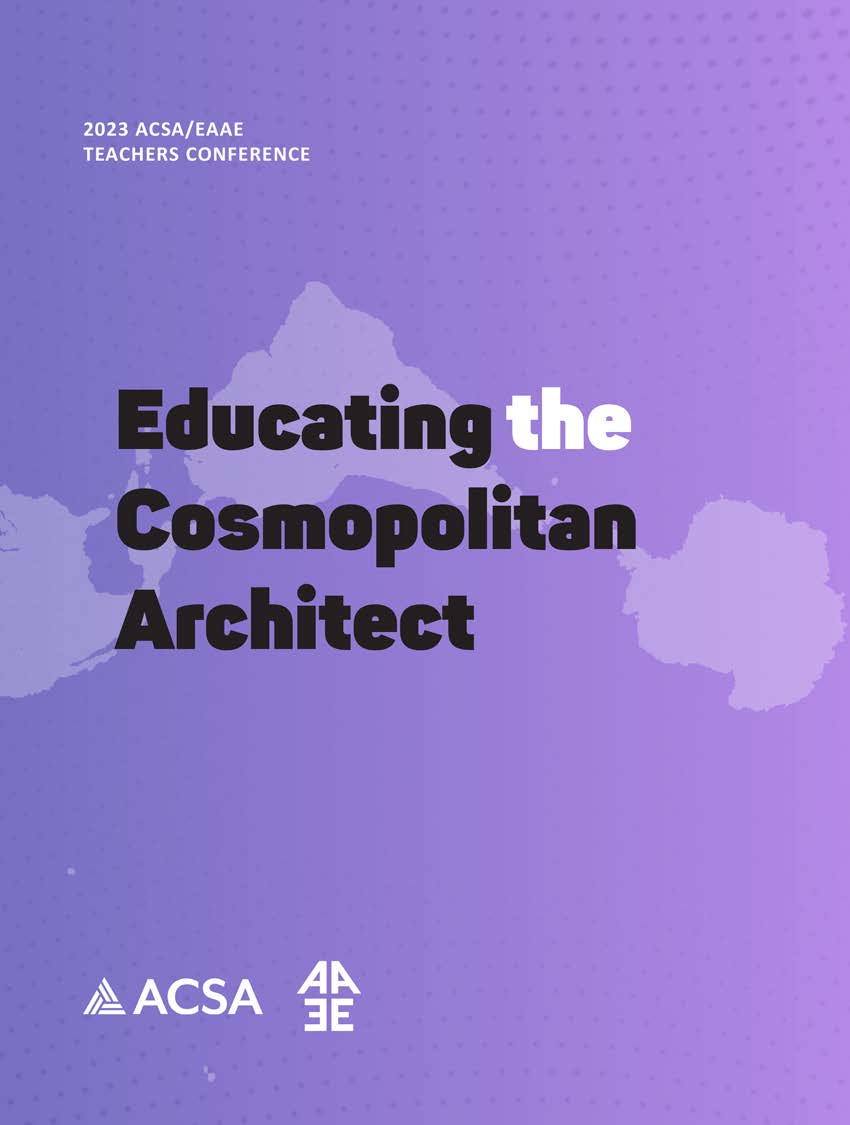Author(s): Piper Bernbaum & Ozayr Saloojee
As architects, professionals, and academics, we constantly operate at a minimum. This isn’t to say that workloads are small, or that stress is minimal – absolutely not – but industry and institutional requirements are based largely on minimum requirements. The minimum has become, in effect, a conceptual framework for how we think, do and teach architecture), as well as the econo-speak of “efficiency” that characterizes much of our institutional (and disciplinary) processes and structures – limiting and (minimizing) teaching and research and real-meaningful service. “Norms” and “minimums” of education and practice are established for accountability – but this prioritizes and shifts accountability to governing bodies and institutions (who by and large, serve to replicate themselves, and usually, extractively). How do we resist this, and create a maximum space where faculty, students and staff can recognise and see themselves in curricula, research and teaching spaces? The paper investigates what it means to ask for institutional dissent, and to ask for more (and engaging in going beyond the minimum) when considering what guides our architectural education. Reflecting on a series of scales (Small, Medium,Large, Extra Large) of doing meaningful equity based work, this paper reflects on efforts at Carleton University’s Azrieli School of Architecture and Urbanism in Ottawa/Canada, in an attempt to think through, explore and develop an architectural infrastructure of empathy. We see this work as a field guide (emerging though it is) for how we can begin to demand more from those who set out, and those who uphold, the minimums. What follows in this paper is a narrative on scale, on steps (some missed, some struck, and some possible), of an emerging framework around an academic episteme and practice of care.
https://doi.org/10.35483/ACSA.Teach.2023.41
Volume Editors
Massimo Santanicchia
ISBN
978-1-944214-44-9

 Study Architecture
Study Architecture  ProPEL
ProPEL 
